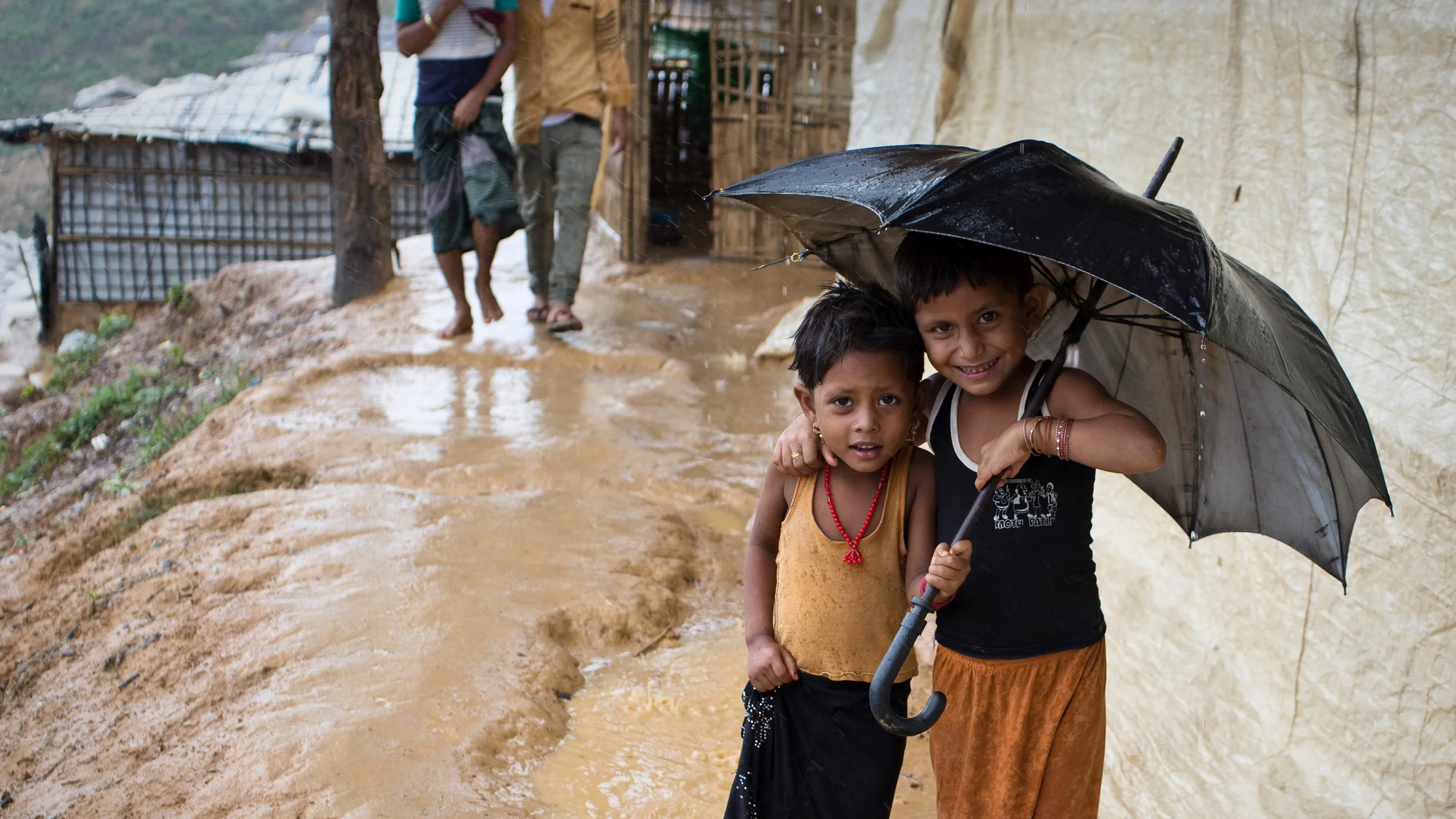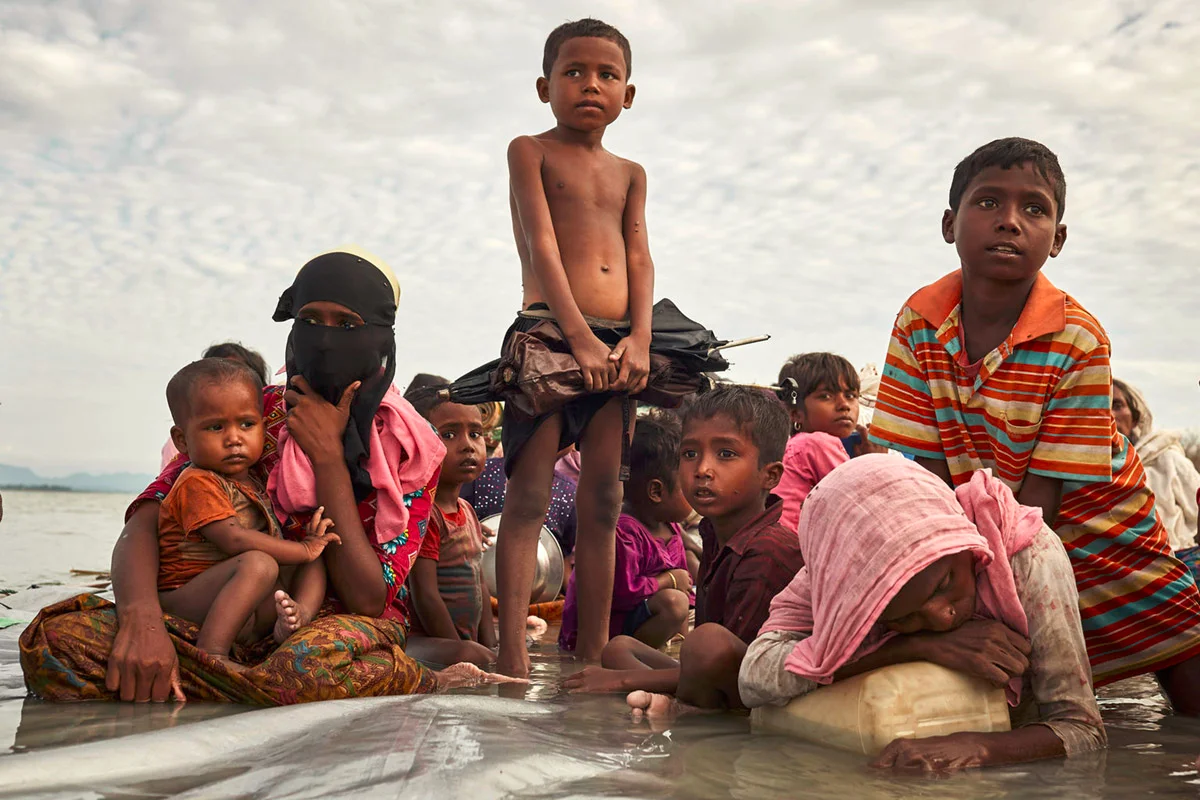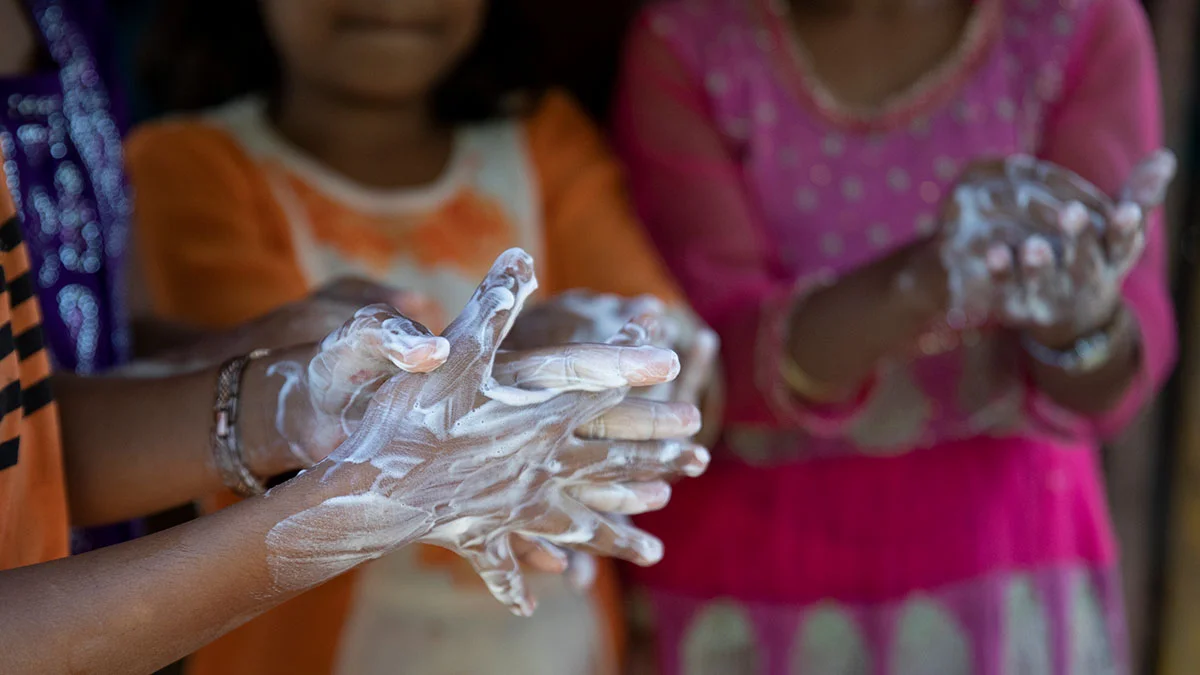They live in the world’s largest refugee camp in sometimes precarious conditions, the Rohingya children in Bangladesh. And now a new tragedy is looming: the first cases of COVID-19 have been reported in the camp.
The situation
Since August 2017, hundreds of thousands of stateless Rohingya have fled to makeshift camps in Bangladesh’s Cox’s Bazar district. They fled their home villages to escape violence, oppression and political tensions and have since been living in the world’s largest refugee camp. The makeshift huts are packed tightly together. The hygiene conditions are at times catastrophic, and there is currently no adequate medical care available.
Under these conditions, an outbreak of coronavirus could have devastating consequences. The first Rohingya refugees have already tested positive. If infected, many Rohingya would be utterly at the mercy of the virus and its consequences. We must do everything we can now to protect the children and their families from coronavirus.
How UNICEF helps
UNICEF has been helping children and families as part of a global emergency response since the COVID-19 pandemic began. In Bangladesh, too, our staff have been preparing for an outbreak of COVID-19 in the Rohingya camps. Now that the first cases have emerged, we are scaling up our response as quickly as possible.
The specific help we are providing:
- We have set up water and sanitation facilities for hundreds of thousands in the camps. There are now also several thousand hand-washing stations with soap and clean water.
- Together with our partners, we are building a treatment center for COVID-19 patients. It will also include 210 beds for intensive care patients.
- We are equipping health workers with protective clothing such as masks, disposable gloves and protective suits.
- In light of the COVID-19 pandemic, we have stepped up our hygiene education in the camps: UNICEF helpers practice with children to show them how to wash their hands properly, and explain to them what else they need to know about hygiene.
- We are ensuring that basic medical care for children and mothers continues, and that malnourished children, for example, continue to receive treatment.
- The learning centers are temporarily closed as a precautionary measure to contain the spread of coronavirus. However, we are helping girls and boys to learn at home, for example by providing them with workbooks and learning materials.
How you can help
Rohingya children in Bangladesh have already experienced more violence and deprivation in their short lives than most people can even imagine. With your support, we can save them from yet another disaster. We thank you from the bottom of our hearts.


